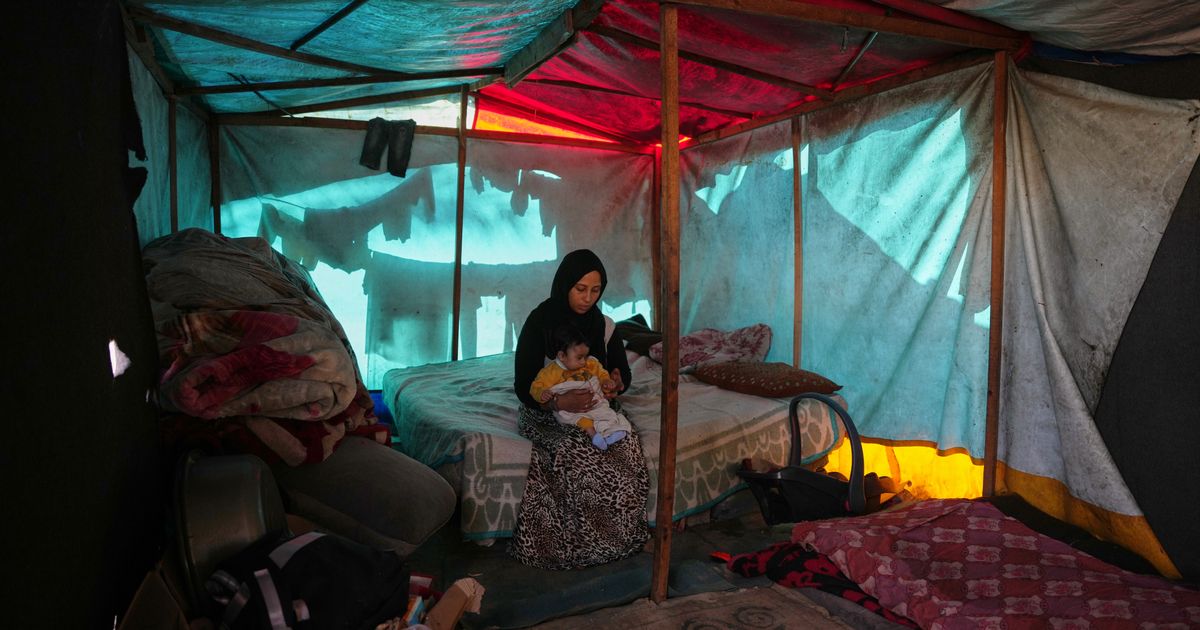DEIR AL-BALAH, Gaza Strip (AP) — Barefoot children played on chilly sand as Gaza ’s thousands of displaced people prepared threadbare tents on Saturday for another round of winter…
Category: 2. World
-
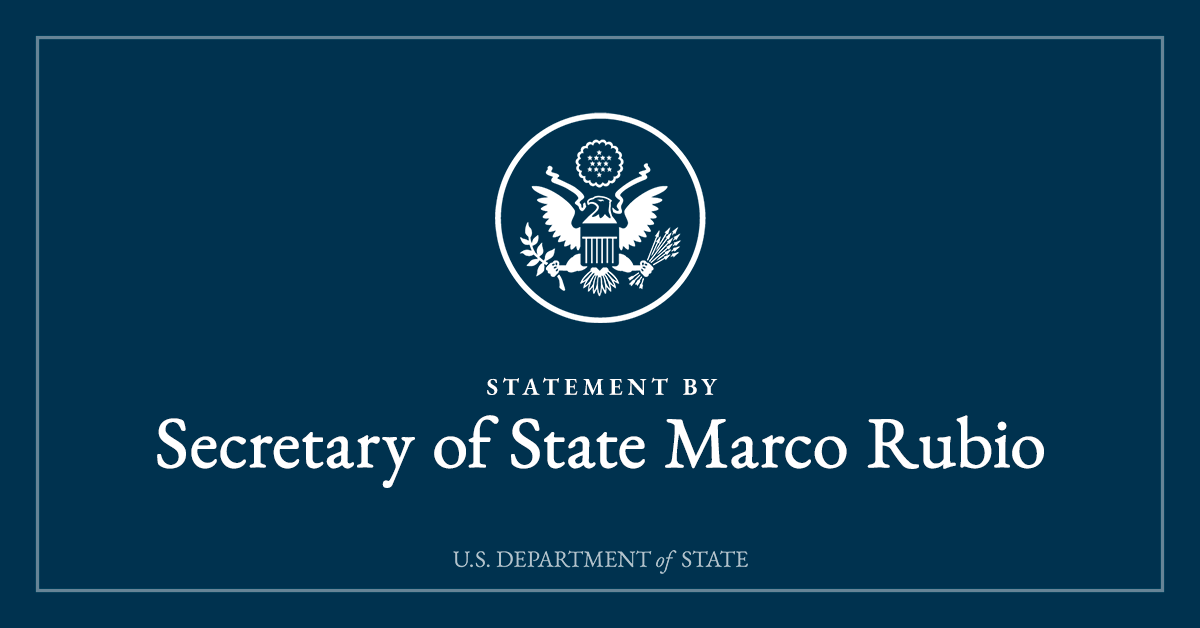
Ceasefire Between Cambodia and Thailand – U.S. Department of State (.gov)
- Ceasefire Between Cambodia and Thailand U.S. Department of State (.gov)
- Thailand, Cambodia agree to truce after weeks of clashes Dawn
- Somali President Hassan Sheikh Mohamud condemned Israel’s decision IslanderNews.com
- Thais, Cambodians fear…
Continue Reading
-
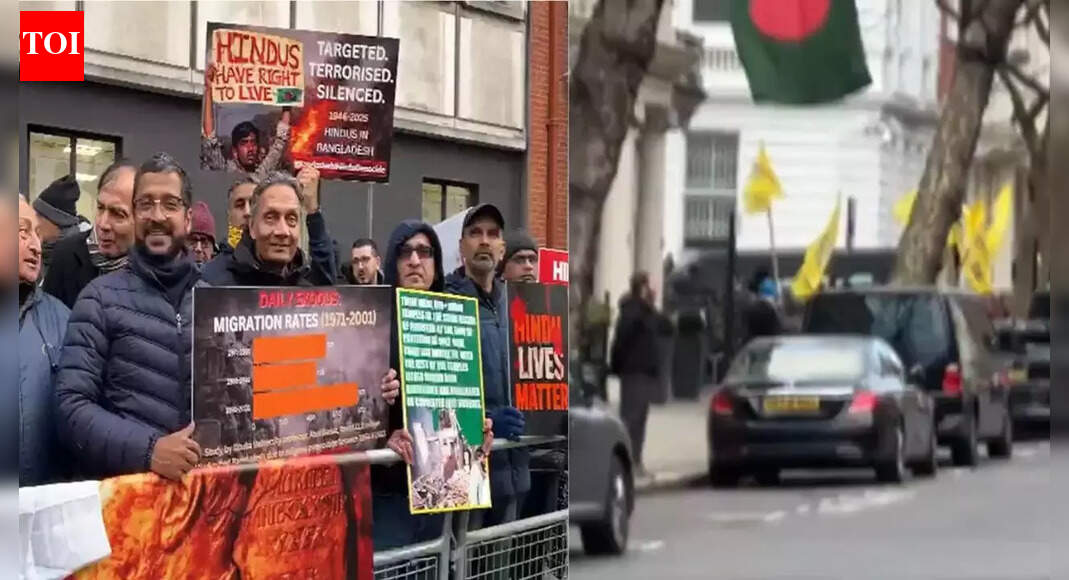
Watch: Khalistanis in UK disrupt protest by Hindus over killings in Bangladesh
The protest led by the Hindu community against the killing of a Hindu man in a communally charged environment in Bangladesh was disrupted by the Khalistani miscreants outside the Bangladesh High Commission in London.Indian and Bangladeshi…
Continue Reading
-
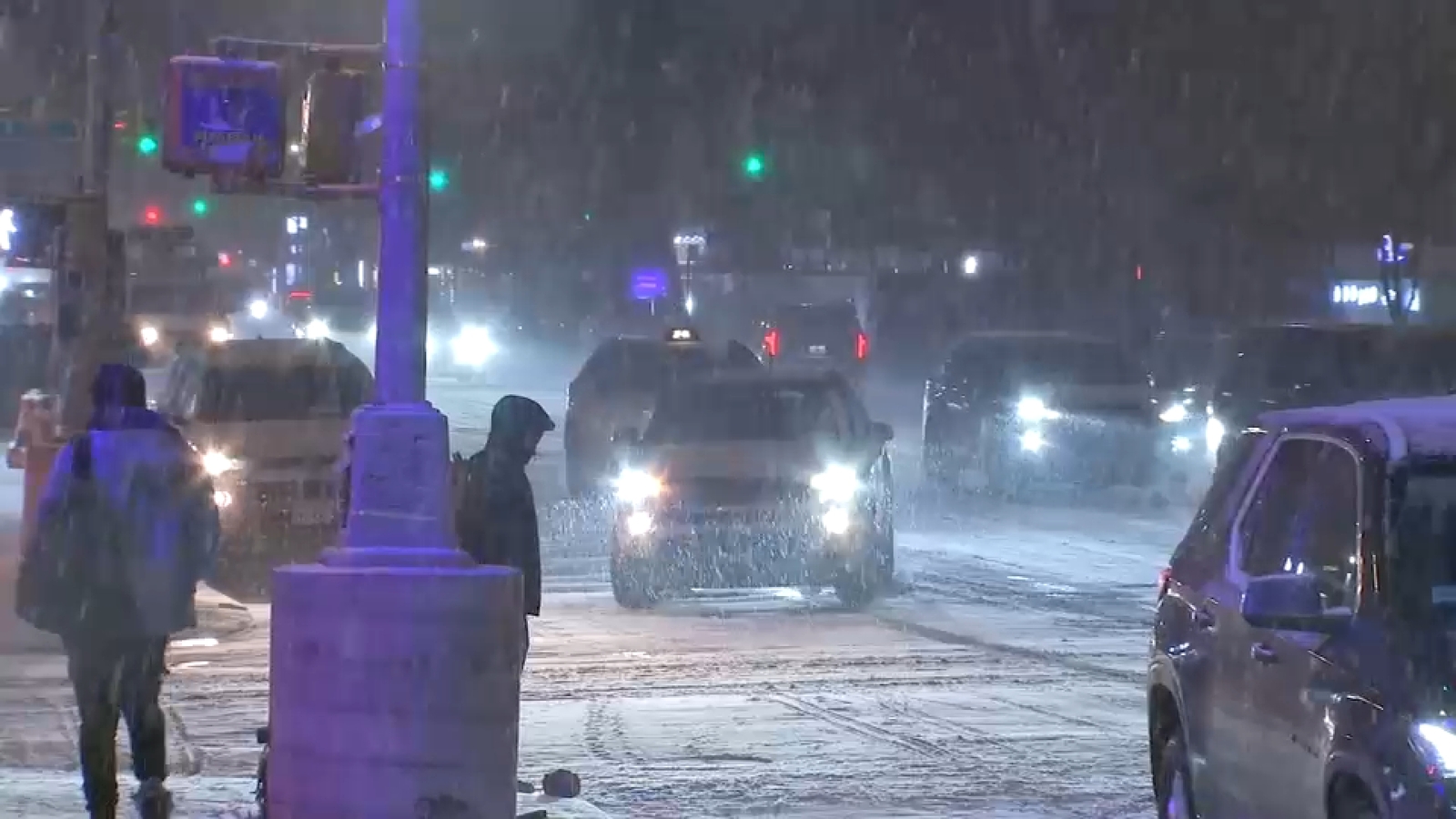
Winter storm NYC live updates: Snowstorm winding down across New York City, Tri-State area
NEW YORK (WABC) — The most significant winter storm to hit the Tri-State in almost four years was winding down Saturday morning, with the heaviest snowfall north and east of New York City.
Central Park recorded 4.3 inches of snow, within the…
Continue Reading
-
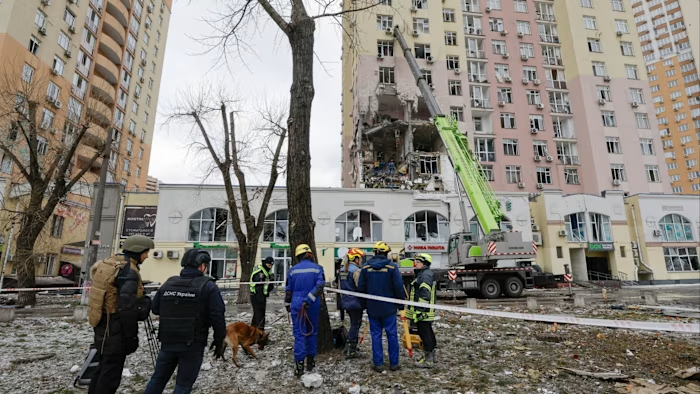
Russia launches air attack on Kyiv as Zelenskyy prepares for crucial Trump meeting
Unlock the White House Watch newsletter for free
Your guide to what Trump’s second term means for Washington, business and the world
Russia has launched a major drone and missile attack on Kyiv, raising fresh doubts about the likelihood of a…
Continue Reading
-
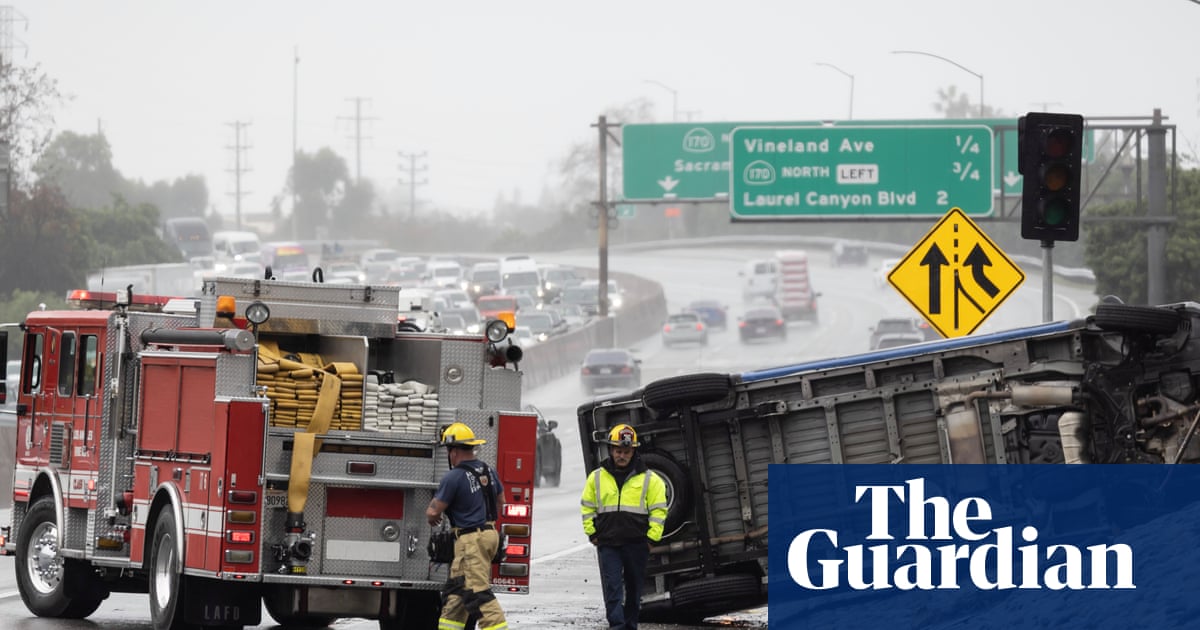
Southern California cleans up after the wettest Christmas season in recent history | California
Southern Californians are facing an epic clean-up operation after the region’s wettest Christmas holiday in recent history turned areas of the state into a panorama of mud and debris.
A year ago, record wildfires scorched the dry neighborhoods…
Continue Reading
-
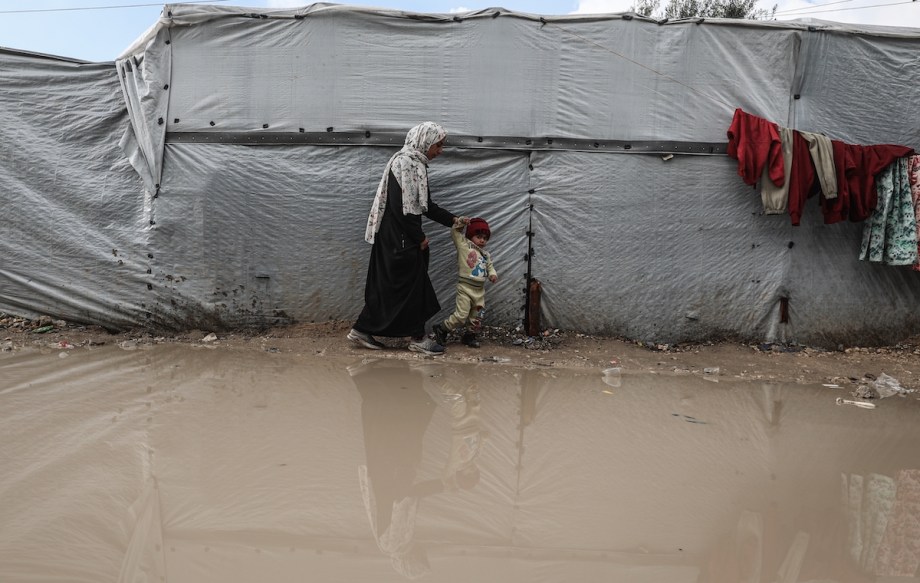
Polar low with strong winds, heavy rain hits Gaza, threatening displaced families – Middle East Monitor
A polar low-pressure system accompanied by heavy rain and strong winds swept across the Gaza Strip on Saturday, adding to the suffering of Palestinians living in flimsy tents and overcrowded shelters that lack basic…
Continue Reading
-
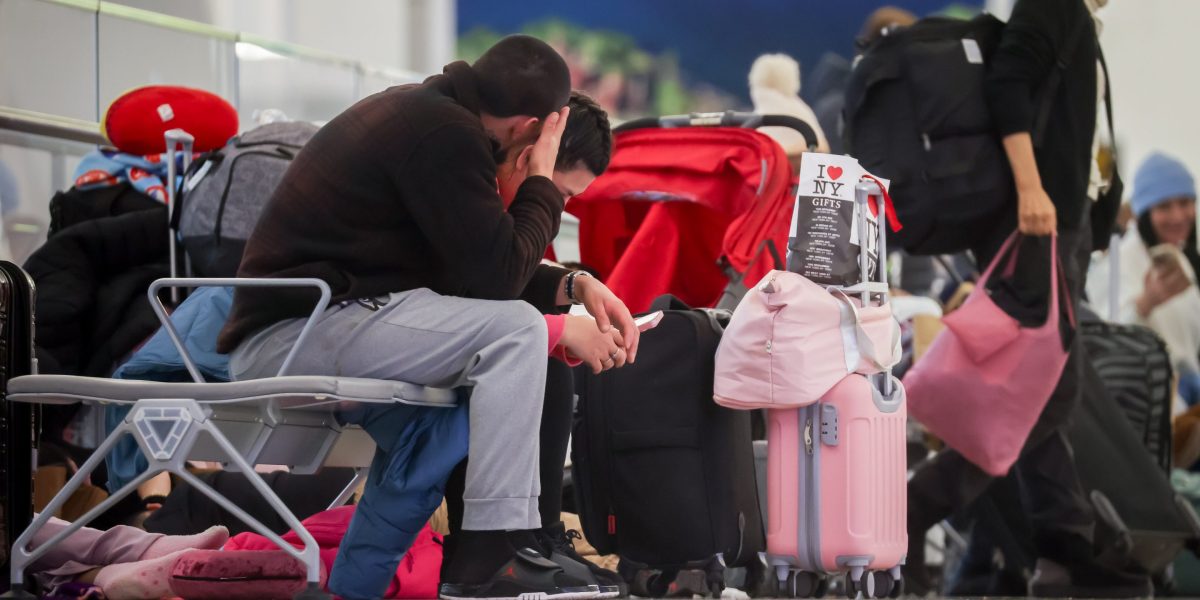
Winter storm cancels more than 1,000 flights in the Northeast and Great Lakes regions
More than a thousand flights were canceled or delayed across the Northeast and Great Lakes regions due to snow as thousands took to U.S. roads and airports during the busy travel period between Christmas and New Year’s.
As of Saturday…
Continue Reading
-

Winter storm pummels New York, New Jersey, Connecticut with snow and ice
A few power outages on Long Island
Approximately 200 customers lost power in the winter storm…
Continue Reading
-

‘Bad for business’: Cricket Australia facing Aus $10m loss after two-day Test at MCG | Ashes 2025-26
England’s two-day win in the Boxing Day Test will leave a huge financial hole for Australian cricket that could reach a reported Aus $10m (£5m). That is the expected loss in revenue after the match on an excessively bowler-friendly surface at…
Continue Reading
